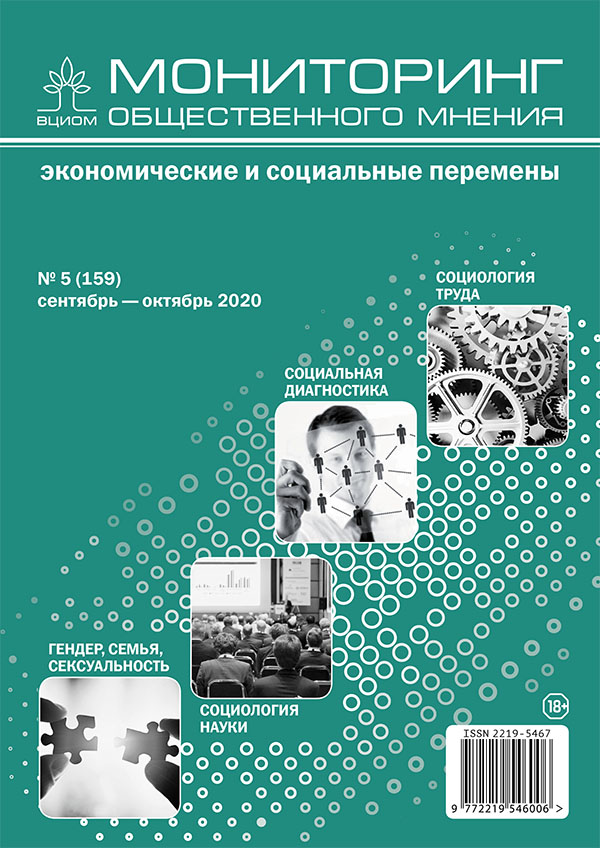Implicit Factors and Voting Behavior Inconsistency: From an Attitude to Behavior
DOI:
https://doi.org/10.14515/monitoring.2020.5.1796Keywords:
electoral behavior, prediction of behavior, factors of behavior, structural theory of attitude, explicit attitude, implicit attitude, GATA, IAT, attitude-behavior consistencyAbstract
Several recent elections and referendums were marked by a dramatic failure in pre-election prediction based on large-scale surveys among voters. The focus of the present study is poorly studied limitations on the accuracy of forecasts which are based on the explicit intentions of voters and do not take into consideration implicit (unconscious, latent) factors influencing voting behavior. To identify those factors the author introduces Graphic Association Test of Attitude (GATA) - a simple but powerful tool which enables measurement of implicit factors/intentions and helps to “enrich” traditional forecasting models dealing with explicit factors with a set of implicit effects. How these “upgraded” models work can be illustrated by the inconsistency phenomenon showcasing functionality of the general concept.
The findings of the study proves an assumption stating that implicit factors affecting attitudes and intentions are real phenomena, and inconsistencies in explicit and implicit elements of the voter’s attitudes and intentions are typical of many voters. These issues were examined in detail in the previous article (Implicit Factors and Voting Behavior Inconsistency: from Theoretical Concept to Empirical Phenomenon// Monitoring of Public Opinion: Economic and Social Changes, 2020, No. 4). The present article argues that implicit factors, particularly due to the inconsistencies in the voting behavior components, can have a real impact on the voters’ behavior. Taking this fact into account can considerably and sustainably improve the forecast accuracy.
Downloads
Published
How to Cite
Issue
Section
License
Copyright (c) 2020 Monitoring of Public Opinion: Economic and Social Changes Journal (Public Opinion Monitoring) ISSN 2219-5467

This work is licensed under a Creative Commons Attribution-NonCommercial-ShareAlike 4.0 International License.






